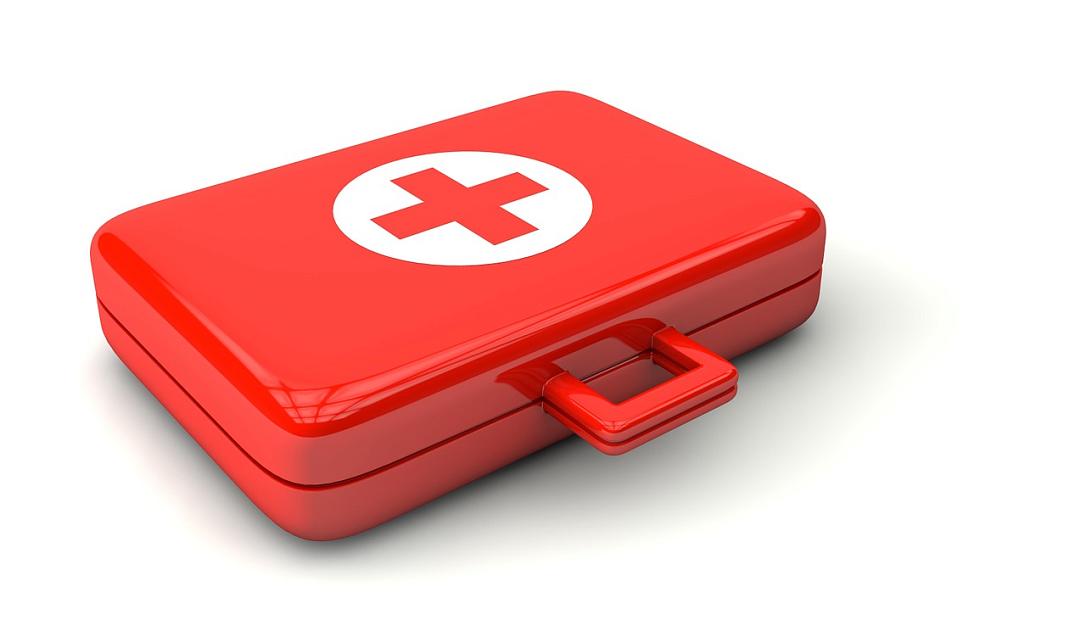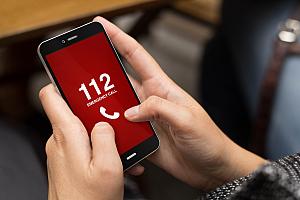New campaign educates Romanians on use of emergency services

The Department for Emergency Situations (DSU) has launched a campaign meant to educate the public on the “rational use” of the available emergency services.
The campaign, called “The ER is for emergencies” (Urgenţa este pentru urgenţe), covers two video and two radio spots. It is meant to help the public understand what the emergency service is, when it should be used, and when other medical facilities should be used, Raed Arafat, the head of DSU, explained, News.ro reported.
“At first, we inform the public and educate them instead of using the idea that floats around at this point, of either setting entrance limits at the emergency departments or making people pay or punishing them. We are not services that punish, we are services dealing with the patient, but, of course, the patient needs to be informed and understand what goes on in the system,” Arafat said.
He explained that not all patients who walk in by themselves in the ER can go to their family doctor, just as not all those who are brought in by emergency services are major emergency cases and they do not remain admitted.
He pointed out to the difference in how the patients and the doctors view emergencies.
“We are trying to get the patient to understand the way doctors view emergencies. Because there is a perceived emergency and a real emergency. An acute pain can be an emergency to anyone not trained, and it is understandable, and it can determine them to go to the ER. But when the doctor sees the patients, and they triage them on a green, blue or white code, this means that the doctor understood the situation, but the problem is not life-threatening,” Arafat said.
The number of non-urgent calls made to the emergency number 112 has been dropping, Sorin Vasilca, the head of the Special Telecommunications Service (STS), explained. “From taking up 97.2% of all calls in 2005, and 55% in 2018, it dropped to 46% in the first quarter of this year. This decreasing trend was largely due to campaigns similar to this [e.n newly-launched] one,” he said.
The campaign was launched in a partnership with the Health Ministry and the Center for Health Policies and Services Foundation, as part of a project financed through the Swiss – Romanian Cooperation Program.













